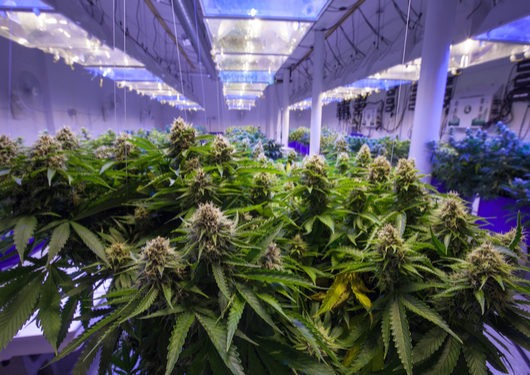
Visit Our Sponsors |
|
|
|
|
|
|
|
|
|
|
|
|
|
|
|
|
|
|
|
|
|
|
|
|
|
|
|
|
|
|
|
|
|
|
|
|
|
|
|
|
|
|
|
|
|
|
|
|
|
|
|
|
|
|
|
|

Eight states and the District of Columbia have voted to legalize marijuana for recreational use, and 28 more have approved it for medicinal purposes. But pot is still illegal under federal law and — unfortunately for pot businesses — a product that crosses state lines falls under U.S. jurisdiction.
That means weed companies seeking to expand beyond their native states have to be more creative than a typical consumer packaged-goods seller. To cope, entrepreneurs are mostly using licensing and franchising agreements. A company might provide edibles recipes or branding expertise, for example, without ever shipping pot across state lines.
“We’re trying to find the best way to do it to comply with federal regulations on an industry that’s federally illegal,” said Christian Hageseth, a pot business veteran and chief executive officer of One Cannabis in Denver, which is franchising pot shops. “It’s a tricky scenario.”
The main driver behind out-of-state expansion is a desire by pot retailers to get into more markets as the industry becomes mainstream. The legal cannabis business, estimated at $6bn last year, is expected to hit $50bn by 2026, according to Cowen & Co. It may be growing even faster than expected. An Arcview Market Research report released last week said sales will reach $9.7bn this year.
Some weed entrepreneurs say the real risk is moving too slowly.
RELATED CONTENT
RELATED VIDEOS
Timely, incisive articles delivered directly to your inbox.







